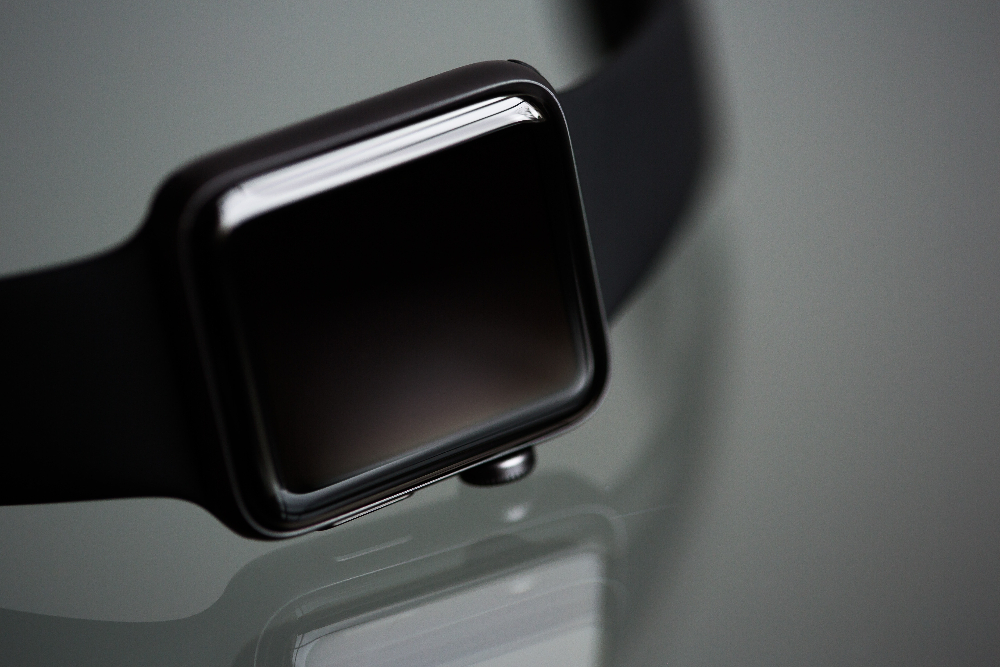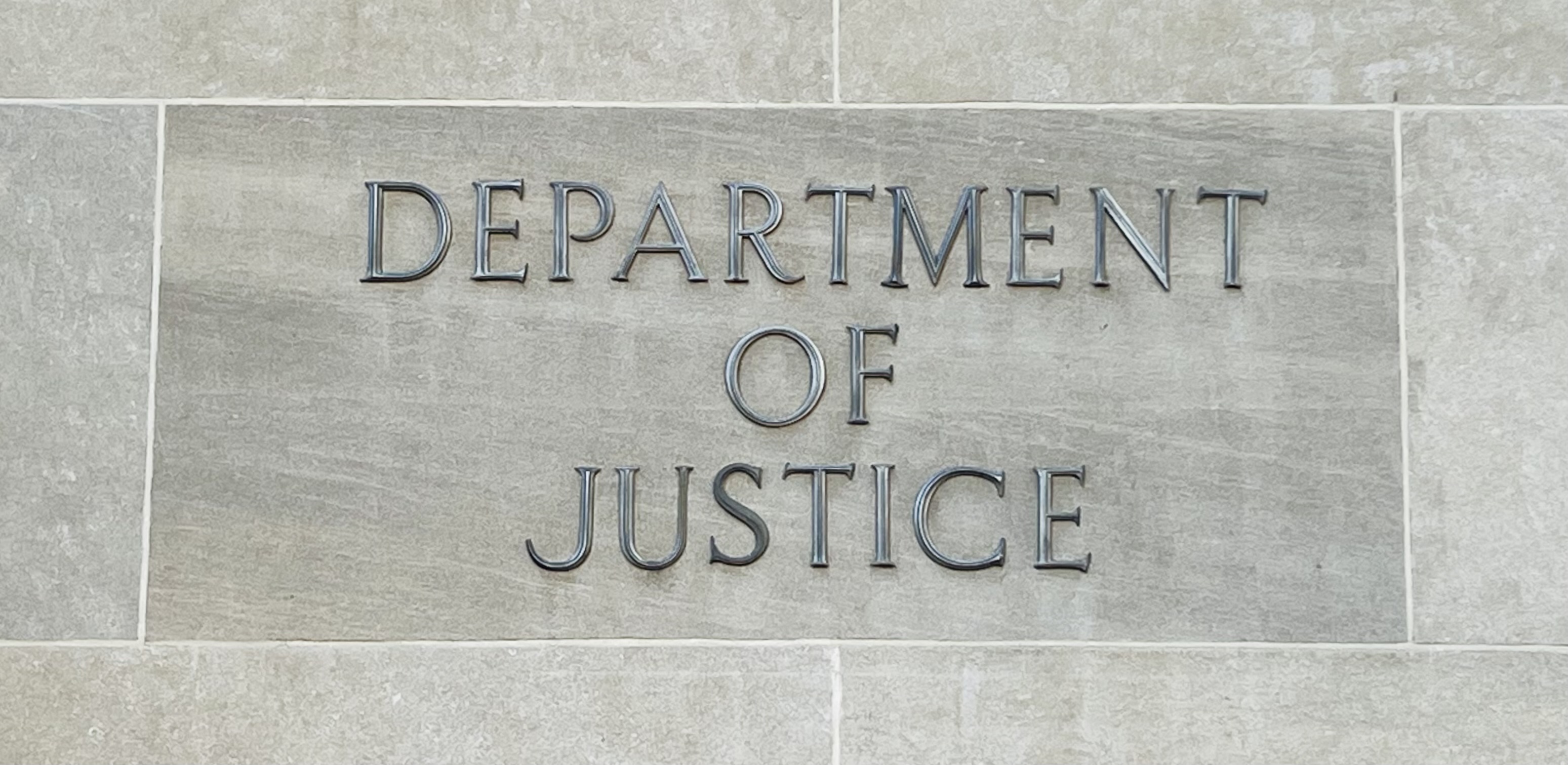The Department of Justice is investigating Apple for a range of anticompetitive practices, including exclusive payment structures and iPhone-specific messaging features.
The U.S. Department of Justice is apparently in the late stages of an investigation into Apple and may be preparing to file a sweeping antitrust lawsuit against the company and its purportedly anticompetitive practices.
According to The New York Times, the Justice Department is assessing how Apple exercises control over its hardware and software—and how this control is manipulated to make it difficult for consumers to switch to non-Apple devices.
Federal investigators have, for instance, begun reviewing how the Apple Watch is programmed to work better with iPhones than competing smartwatches. Other consumers—including the owners of Garmin devices—have said that they cannot use their smartwatches to reply to text messages when connected to their iPhone, even though these smartwatches have text-messaging features.
The Justice Department has also considered whether Apple’s decision to restrict iMessage to its own devices is inherently anticompetitive.
Somewhat interestingly, the New York Times writes that Meta—the owner of Facebook of an Instagram—has actively encouraged the Justice Department to investigate Apple for anticompetitive conduct. Meta’s request may have been prompted by the release of Apple’s new privacy tool, App Tracking Transparency, which lets Apple users select whether individual applications can track their activities across different products and platforms.

Meta, which earns most of its profits from advertising, said that it could lose up to $10 billion in revenue if Apple lets its users restrict advertiser tracking.
Beyond these concerns, the Department of Justice may also be investigating issues at the center of another controversy: Apple’s longstanding policy of charging commission on sales made outside of its App Store but within iOS applications.
Epic Games, the developer of Fortnite, had earlier tried suing Apple for its commission policies. Although a federal judge found that Apple does not have a monopoly on mobile games, Epic did prevail in a similar claim against Google and its Play Store.
According to The New York Times, the last time the Justice Department took significant action against Apple was in 2012, when it accused the company of colluding with book publishers to raise prices on digital books. Apple lost that case, settling for an estimated $450 million in penalties and compensation.
CNBC reports that, since the Times released its report on the federal government’s antitrust investigation, Apple shares slid by more than 1%.
“While Apple’s share price increased by 48% in 2023, our concerns regarding Apple’s legal risks have intensified in recent months,” a CFRA analyst wrote.
Outside of the United States, Apple has also faced increased scrutiny from regulators in the European Union, who are expected to force Apple to permit the download of other app stores.
Sources
Apple shares slip on report U.S. government preparing antitrust lawsuit
Apple’s App Store Draws E.U. Antitrust Charge
DOJ close to filing massive antitrust suit against Apple over iPhone dominance: report
US expected to hit Apple with major antitrust lawsuit this year
U.S. Moves Closer to Filing Sweeping Antitrust Case Against Apple


Join the conversation!